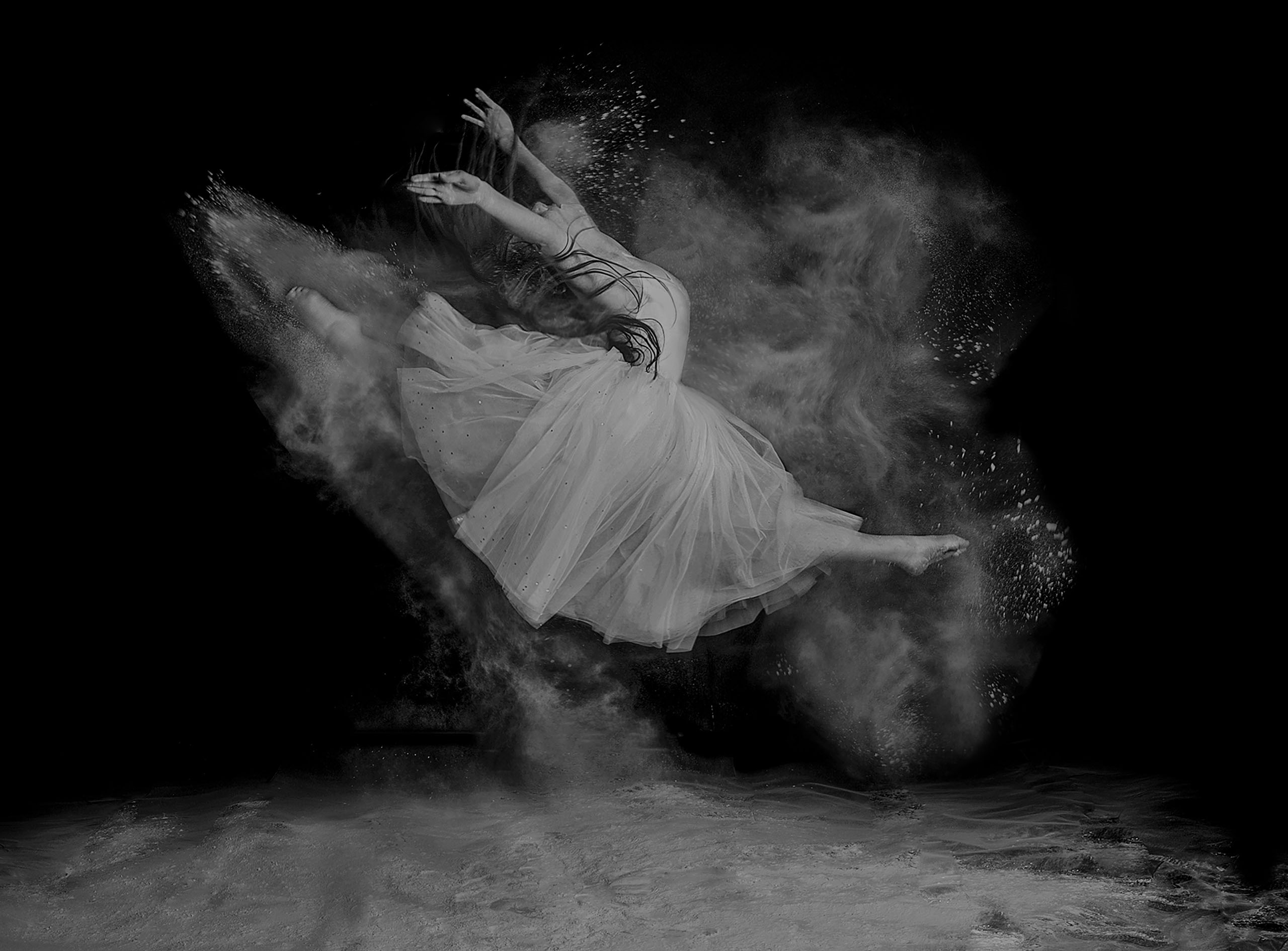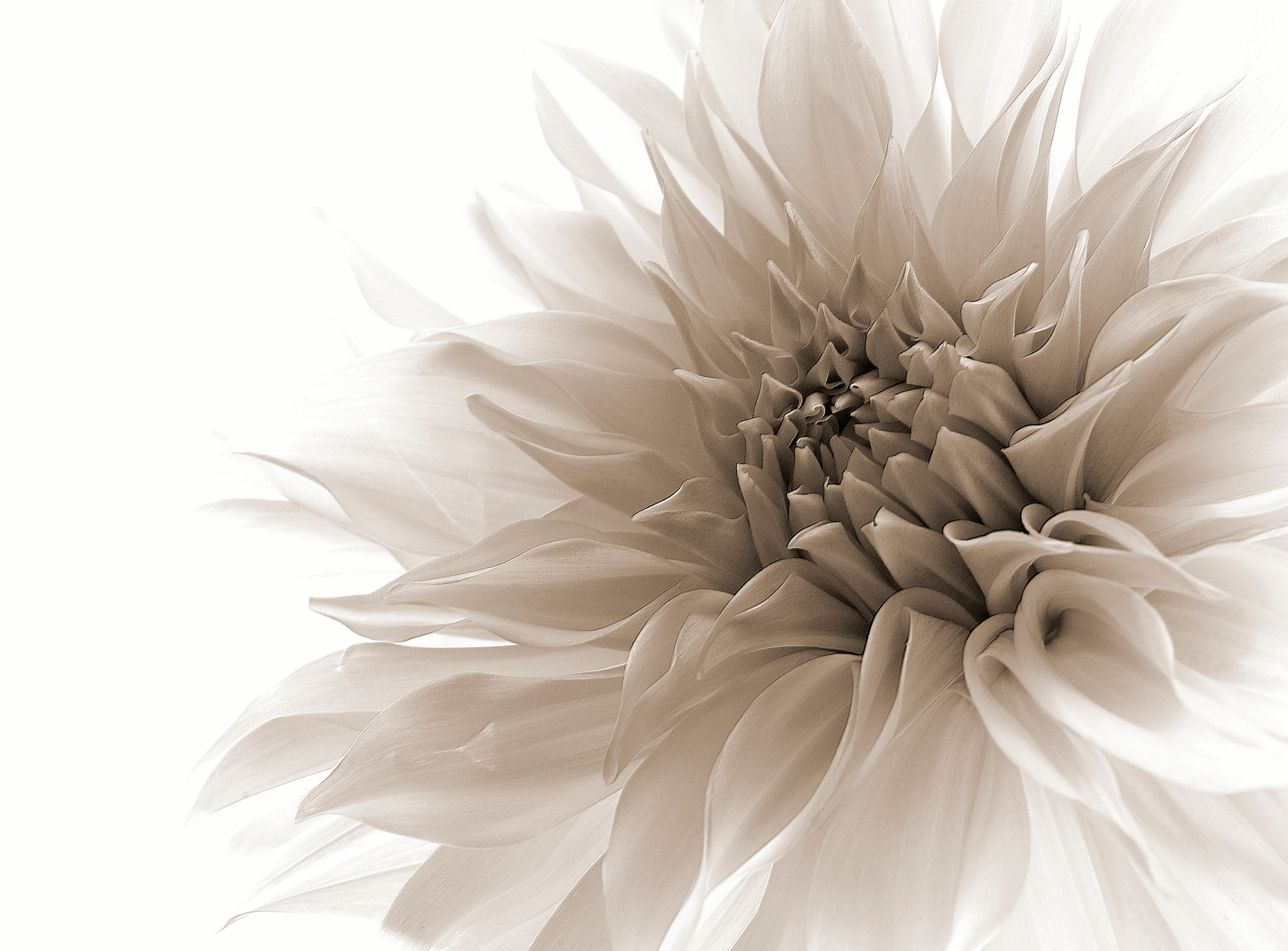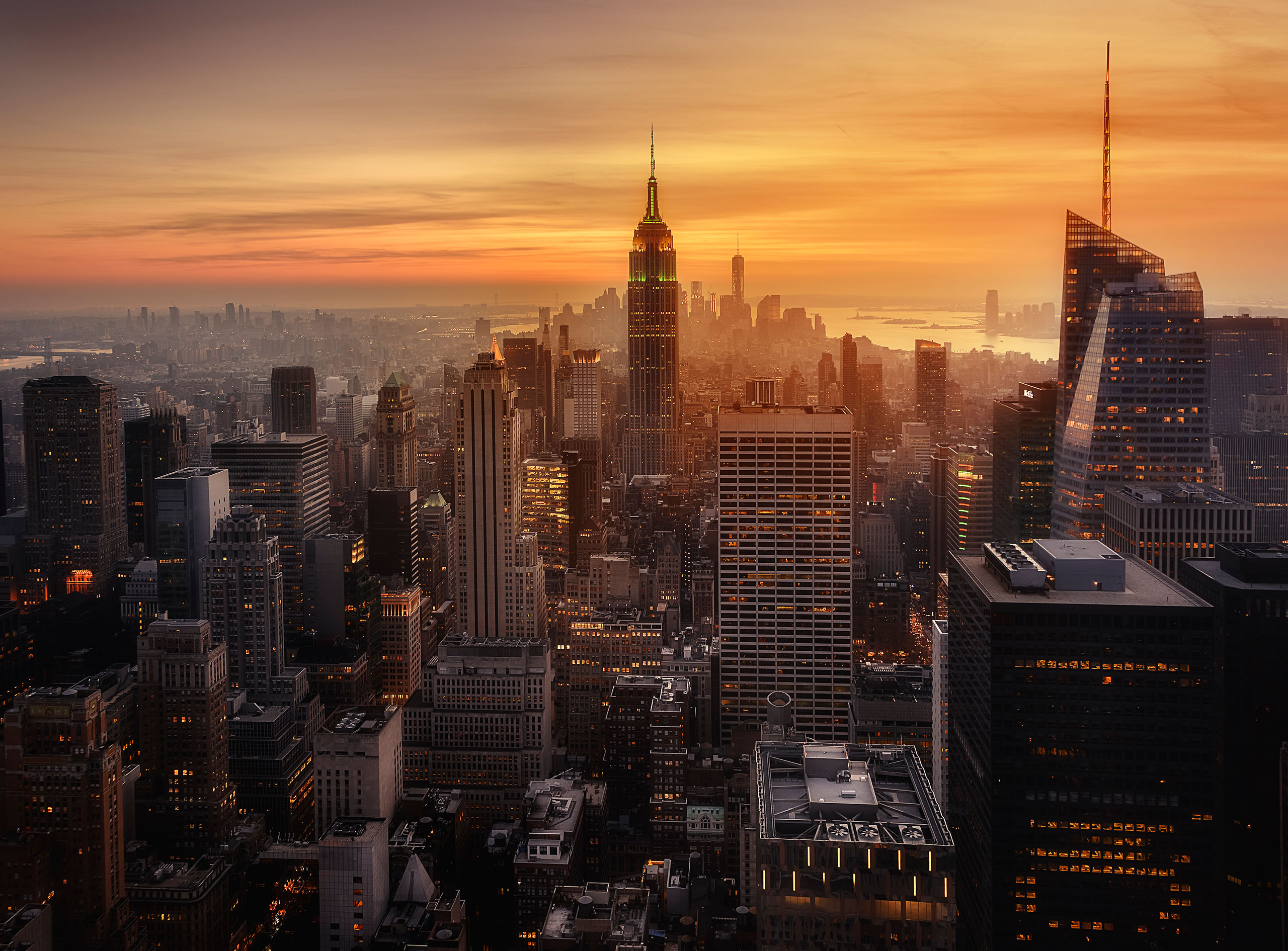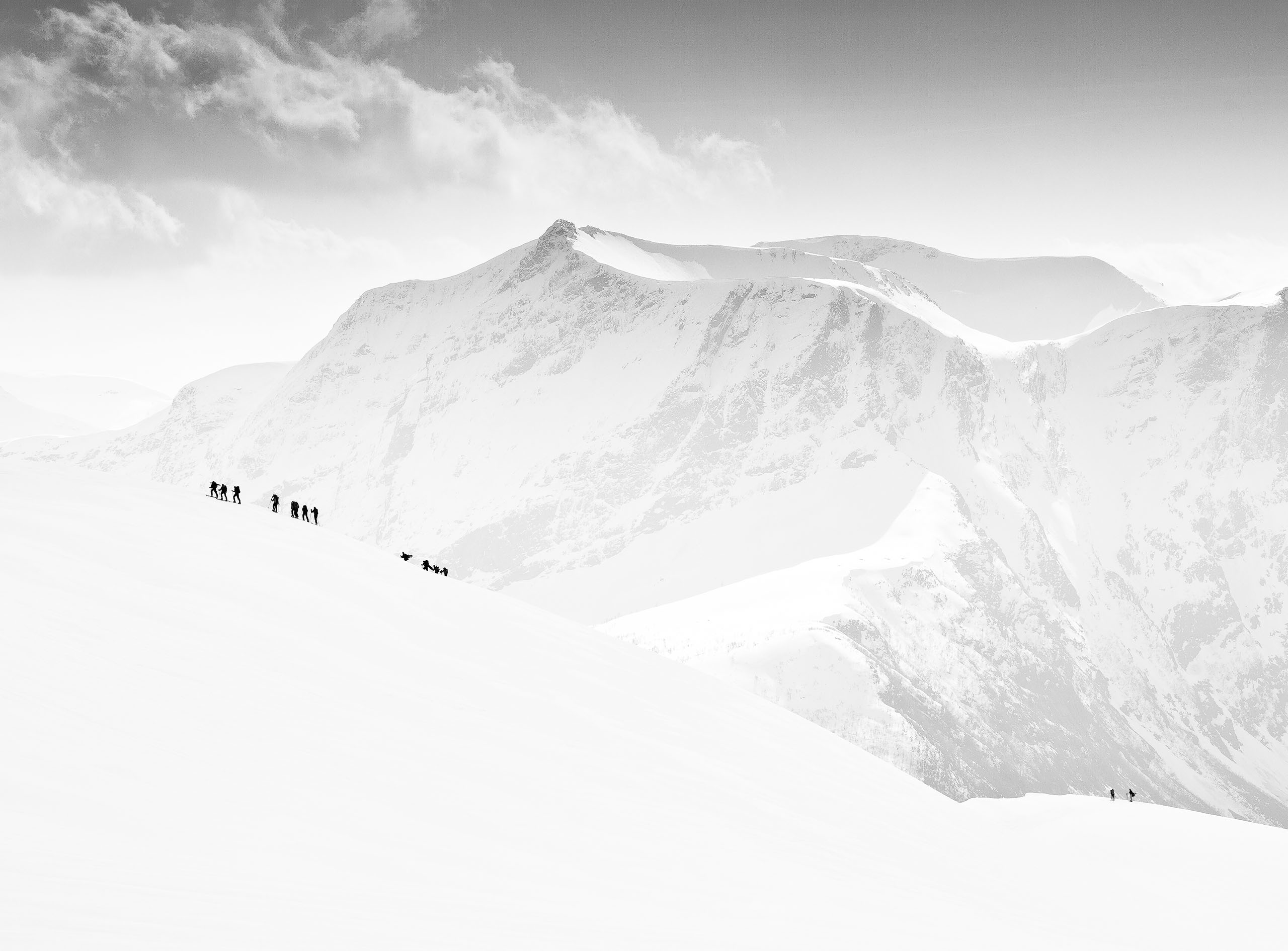1x is a curated photo gallery where every image have been handpicked for their high quality. With a membership, you can take part in the curation process and also try uploading your own best photos and see if they are good enough to make it all the way.
Right now you get one month for free when signing up for a PRO account. You can cancel anytime without being charged.








